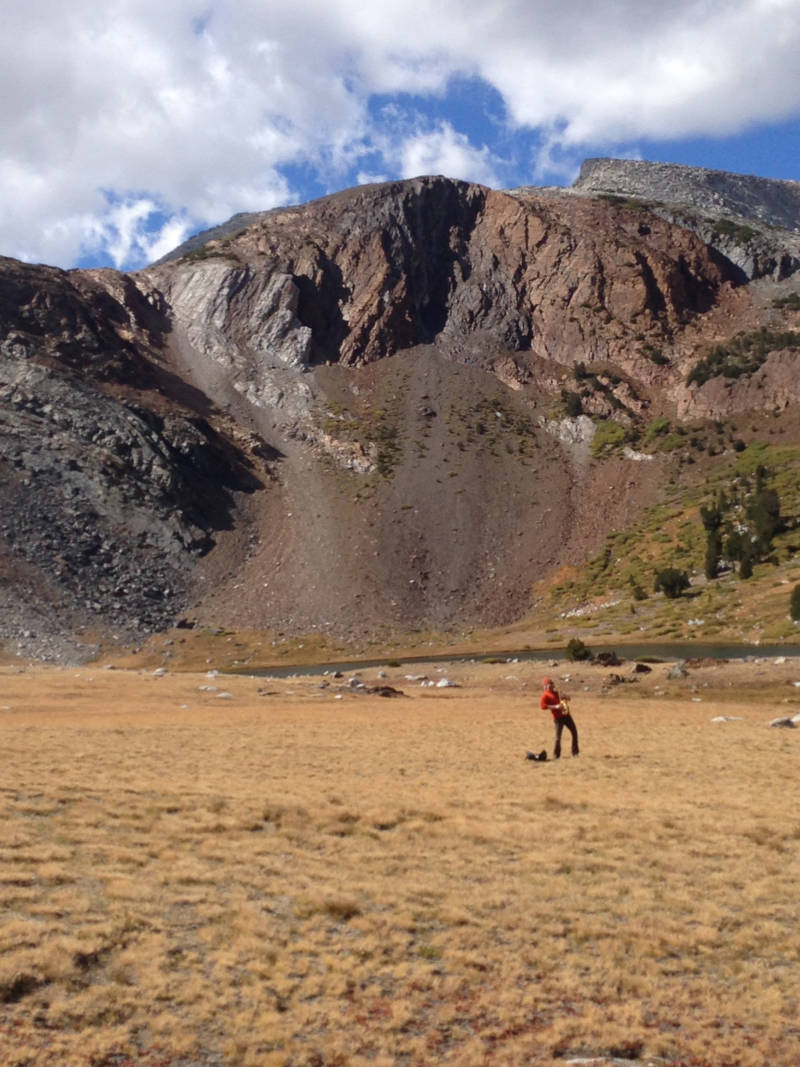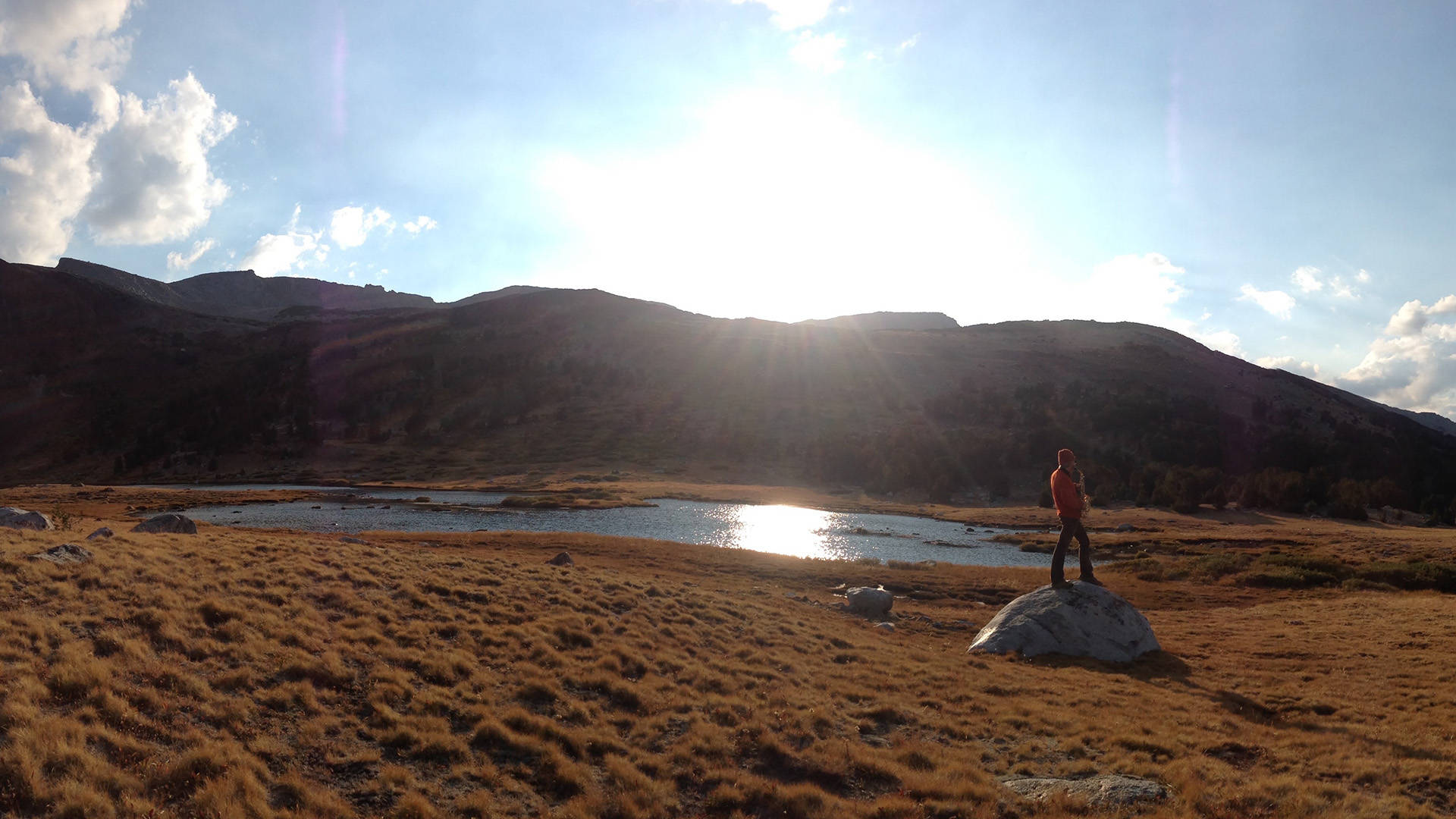Instead of meeting at his studio or a cafe, saxophonist Patrick Cress suggests our interview take place at Huckleberry Botanic Regional Preserve, a wooded area of the Oakland hills where hiking trails snake through ferns and oak trees, giving way to impressive views of green, rolling hills.
When Cress, who now resides in a different part of Oakland, lived in this neighborhood, he used to hike in Huckleberry three times a week to stimulate his creative process and get some exercise. Music and nature have long gone hand-in-hand for the artist, who is a member of nearly a dozen Bay Area ensembles, including funk band the Humidors.

Cress’s latest project is a series of lectures and concerts with ecologist and TED Fellow Eric Berlow about the ecosystem in Yosemite National Park, and particularly, one of its endangered species: the Yosemite toad. The duo comes to City College of San Francisco on Apr. 19 as part of a campus Earth Day celebration, where Berlow will present some of his research, followed by a performance by Cress that infuses saxophone improvisation with live looping and field recordings from Yosemite.
The unusual collaboration came about when Berlow previously served as the director of the University of California’s first science institute inside Yosemite, where his research focused on creating data-driven approaches to the park’s conservation efforts. In the late 2000s, he ran an artist residency program there, where he invited artists to create work that spoke to the richness of Yosemite’s ecology in a way that science alone couldn’t.
That was when Berlow and Cress, a longtime friend, began to collaborate. In 2008, they hiked up to 10,000 feet with Cress’ saxophone and a boom mic to make music and observe the Yosemite toad for Berlow’s research. From his recordings there and, later, in the studio, Cress created his meditative, instrumental 2017 album Yosemite Soundscapes, which serves as the basis for his and Berlow’s lecture-performance series.



